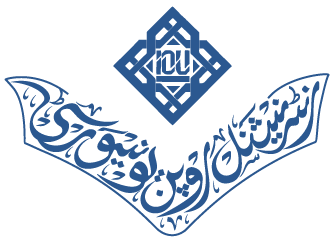Course Overview:
This comprehensive course on Emotional Intelligence, Anger Management, Stress Management, and Gratitude Therapy is designed not only to focus on personal well-being but also to align with Islamic teachings on emotional balance and self-regulation. In our ever-changing and fast-paced world, the well-being of the soul (nafs) is key to thriving personally and professionally, as emphasized in the Qur'an and Sunnah. This course aims to empower you with essential skills to understand and regulate your emotions, manage anger constructively as taught in our Deen Islam, deal with stress effectively, and develop gratitude (shukr) as a key tool for mental well-being.
Whether you're seeking to enhance your personal growth or improve relationships and productivity, this course will guide you through practical, faith-based approaches that can be applied to various aspects of life, in line with Islamic principles.
Course Objectives:
By the end of this course, students will:
1. Develop a deep understanding of Emotional Intelligence and its impact on personal dealings, as guided by the prophetic tradition of mercy and empathy.
2. Recognize and manage triggers of anger through Islamic teachings, using practical strategies inspired by the Sunnah for controlling anger.
3. Learn effective stress management techniques rooted in Islamic practices.
4. Understand the importance of Gratitude Therapy and how practicing shukr (gratitude) can cultivate a positive mindset, as emphasized in the Qur'an: “If you are grateful, I will give you more” (Surah Ibrahim 14:7).
5. Build emotional resilience and enhance decision-making abilities through improved emotional awareness and control, following the Islamic principle of balancing reason and emotion (aql and nafs).
Learning Outcomes:
On successfully completing this course, students will be able to:
1. Demonstrate Emotional Intelligence by identifying their own emotions and those of others, showing improved communication and empathy, as encouraged in the Sunnah of the Prophet (SAW) when dealing with people.
2. Manage Anger Constructively by applying learned techniques to control emotional responses in triggering situations, turning anger into productive actions and earning reward from Allah.
3. Implement Stress Management Techniques such as deep breathing, time management, and mindfulness practices to reduce stress levels, alongside Islamic practices like dhikr (remembrance of Allah) and Tawakkul (trust in Allah).
4. Practice Gratitude Therapy by adopting regular habits of gratitude journaling, reflection, and shifting towards a more positive outlook on life, following the Sunnah of always being grateful to Allah (SWT) for all blessings.
